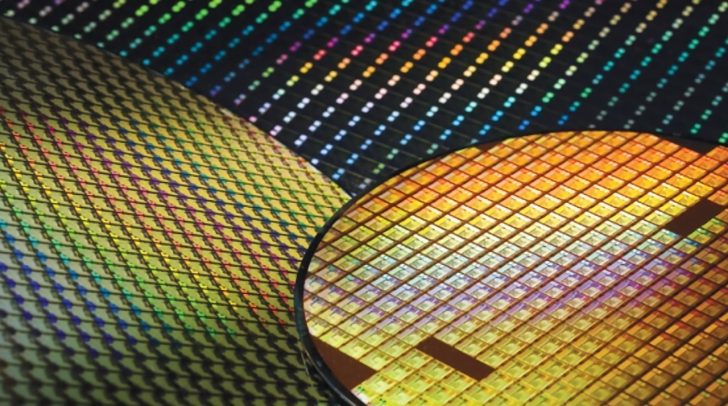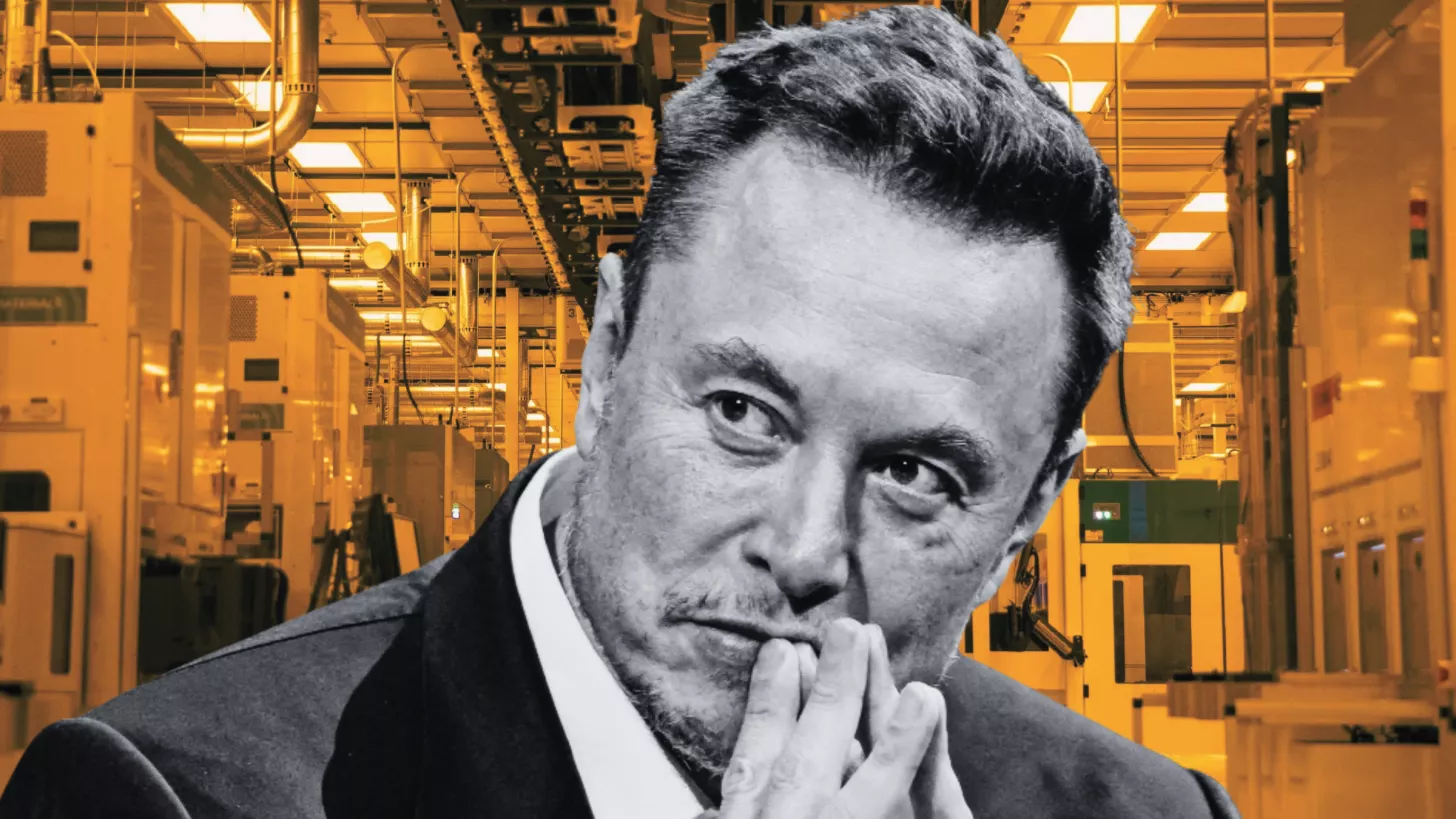Elon Musk’s ambitious plans for Tesla’s chip production facilities aim far beyond merely securing a steady chip supply. It marks a strategic maneuver to ensure Tesla’s autonomy in the evolving semiconductor landscape. This move promises to be not just a logistical improvement but a protective step against global uncertainties.
A Strategic Response to Geopolitical Tensions
Recently, Elon Musk revealed at a Tesla shareholder meeting that the company is planning to develop its own chip fabs. This decision stems from the need to meet increasing demands for Tesla’s custom silicon, including the AI5 and AI6 chips. Dubbed ‘TeraFab’, this initiative follows the realization that both TSMC and Samsung are dedicating production lines for Tesla’s needs. However, available capacity still falls short of Tesla’s expectations. Prominent analyst Ming-Chi Kuo shared insights into the potential motivations behind Musk’s bold move.
Elon Musk’s potential entry into the chip industry is driven by concerns over semiconductor production’s heavy reliance on Taiwan, amid geopolitical tensions. Although TSMC is working to relocate some production to the United States, this shift will take several years to realize. With these challenges in mind, Musk prefers establishing onshore facilities to guarantee a stable and reliable chip supply for Tesla over time.

Overcoming Industry Challenges
While TSMC accommodates all clients, Tesla remains a lower priority compared to established giants like Apple and NVIDIA, which diminishes Tesla’s production flexibility and R&D support. By investing in its own chip facilities, along with Samsung Foundry, Tesla gains significant control over its silicon’s production and development.
Building a robust semiconductor supply chain is a daunting task, especially for internal purposes. Despite massive investments, companies like Intel still face hurdles in making notable advancements. However, Elon Musk’s penchant for confronting challenges means assessing Tesla’s chip pursuits solely on the CEO’s remarks might be premature. The potential for Tesla to succeed in the semiconductor domain remains an intriguing possibility.
